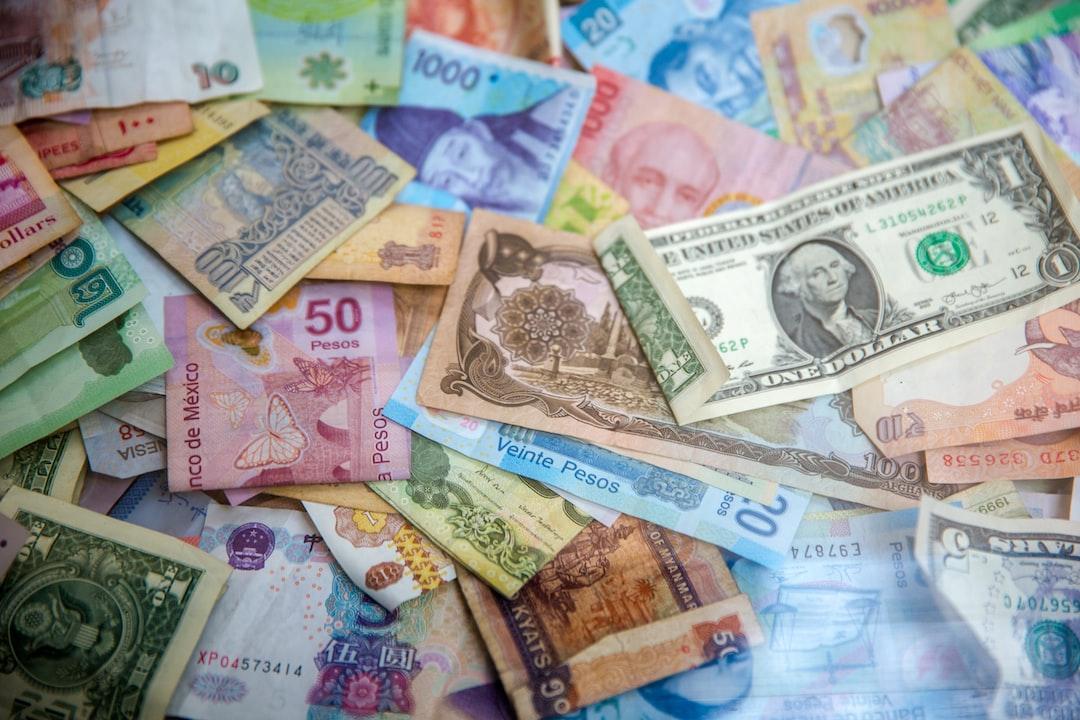Ripple, the prominent blockchain company behind XRP, has recently made some intriguing political moves, leaving many to question its true intentions. One of the most notable actions was CEO Brad Garlinghouse’s public praise for Democratic presidential candidate Kamala Harris and her approach to digital assets. This endorsement is surprising considering Ripple’s historical neutrality in U.S. elections and its contentious relationship with U.S. regulators, particularly the Securities and Exchange Commission (SEC).
The timing of Garlinghouse’s support for Harris is significant. Ripple is currently exploring the possibility of launching an XRP ETF and is also dealing with the aftermath of its ongoing legal battle with the SEC, which began during the Democratic administration under President Biden. So, why the sudden shift towards Harris, and what implications could this have for Ripple’s future? Let’s delve into Ripple’s political donations, its aspirations for an XRP ETF, and the drama surrounding it all.
Traditionally, Ripple has not been closely aligned with the Democratic Party, especially considering the $1.3 billion lawsuit it faced from the SEC during President Biden’s tenure in 2020. However, in 2024, Ripple CEO Chris Larsen has made bold statements and significant donations in support of Democratic candidate Harris. Garlinghouse, while maintaining Ripple’s neutral stance on the election, described Harris as “pro-technology” and praised her connections to Silicon Valley. He even suggested that both a Harris or Trump victory would benefit the crypto industry, which is in contrast to his criticism of the current Biden-led administration’s approach.
The real surprise came when Larsen donated a staggering $10 million worth of XRP to Harris’ campaign, following an earlier donation of $1 million. This move was unexpected, especially as Trump had been actively courting crypto supporters. Well-known crypto venture capitalist Nic Carter expressed his confusion on Twitter, calling the donation “completely baffling.” Many in the industry view Trump as more supportive of cryptocurrencies due to his vocal endorsement. However, Garlinghouse defended Larsen’s decision, emphasizing that Ripple encourages its employees to support whoever they believe is best for the country, with a focus on pro-crypto policies rather than political party loyalty.
Garlinghouse believes that the upcoming 2024 election is crucial for the future of the crypto industry. He argues that regardless of whether Harris or Trump wins, either candidate would improve upon what he perceives as the Biden administration’s “failed approach” to digital assets. These statements have only fueled speculation about Ripple’s motives, particularly as the company continues to navigate its contentious relationship with the SEC.
Ripple’s association with Democrats, particularly the SEC, has been far from smooth. In 2020, the SEC filed a significant lawsuit against Ripple, accusing the company of selling unregistered securities in the form of XRP. Although Ripple achieved a partial victory in July 2023 when a judge ruled that XRP sales to retail investors did not qualify as securities, the SEC has not backed down. In the latest ruling in August 2024, the regulator sought a $2 billion fine but was ultimately awarded a much smaller $125 million penalty. Ripple celebrated this as a victory, but the SEC’s ongoing appeal continues to create uncertainty.
Ripple’s recent political maneuvers have been anything but ordinary. Just a few months ago, in June 2024, Ripple’s Chief Legal Officer Stuart Alderoty made headlines with a substantial donation of $300,000 worth of XRP to Trump’s presidential campaign. Alderoty’s donation coincided with Trump’s shift towards a pro-crypto stance, which likely influenced his decision. Many believed that if Trump returned to the White House, he would appoint a more crypto-friendly SEC chair, which would potentially benefit the crypto industry. In fact, Trump’s fundraising efforts between April and June 2024 brought in over $118 million, including $4 million in cryptocurrencies like Bitcoin (BTC), Ethereum (ETH), and XRP.
Despite Ripple’s seemingly conflicting allegiances, the broader crypto industry has heavily supported Trump. Data from AdImpact reveals that crypto companies have spent 62% more on ads for Republicans than Democrats in the current election cycle. The top-spending PAC, Fairshake, has allocated $54.6 million to election ads supporting GOP candidates, compared to $33.7 million for Democrats. Much of this spending is concentrated on key House races in states like New York, Nevada, and California. For example, Southern California Republicans David Valadao and Michael Garcia, who are in tight races, have received $1.3 million and $1 million, respectively, from crypto-backed PACs.
Ripple’s dual strategy reflects the uncertainty surrounding the 2024 U.S. presidential election and its potential impact on the crypto industry. With crypto groups donating a total of $190 million for this election cycle, the stakes have never been higher. Whether it’s Trump or Harris in the Oval Office in 2025, Ripple is determined to secure its position in the industry. But why?
One possible explanation for Ripple’s recent donations to both Harris and Trump could be a strategic maneuver. Bitwise and Canary Capital have already filed applications for XRP ETFs, which, if approved, would enable investors to gain exposure to XRP through a stock exchange without directly holding the cryptocurrency. Garlinghouse recently stated in an interview with Bloomberg that an XRP ETF is “inevitable” due to growing demand from retail and institutional investors. The approval of an XRP ETF would not only legitimize XRP as a financial asset but also address the concerns raised by the SEC lawsuit.
An XRP ETF would allow Ripple to meet investor demand in a regulated and mainstream manner, ultimately boosting confidence in XRP and potentially driving up its price and liquidity. Given the SEC’s current resistance, Ripple’s donations to both Harris and Trump could be a strategic hedge, positioning the company to benefit from the favor of either candidate and finally obtain approval for their long-awaited XRP ETFs, regardless of the 2024 election outcome.

